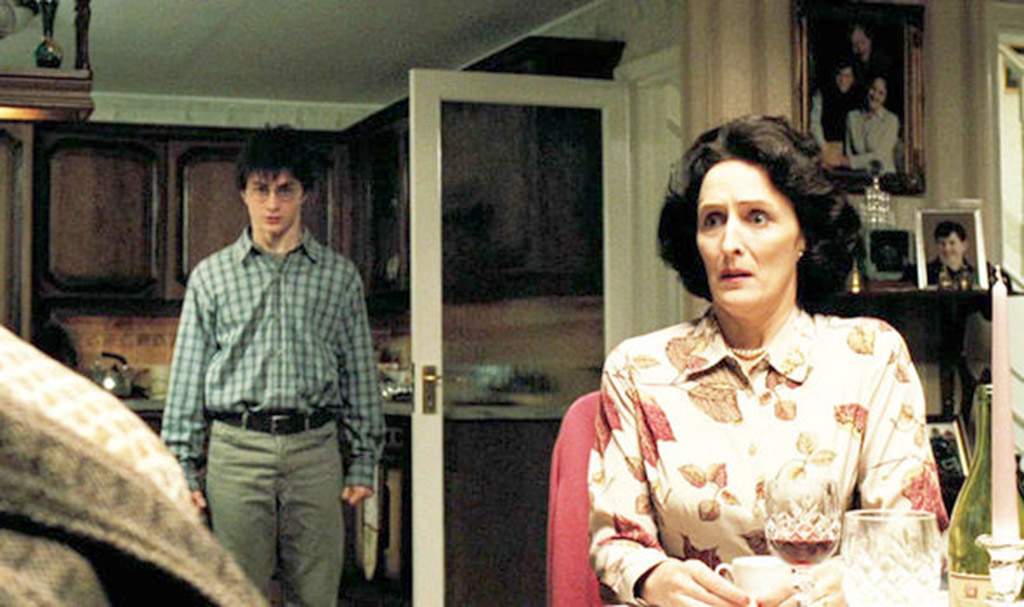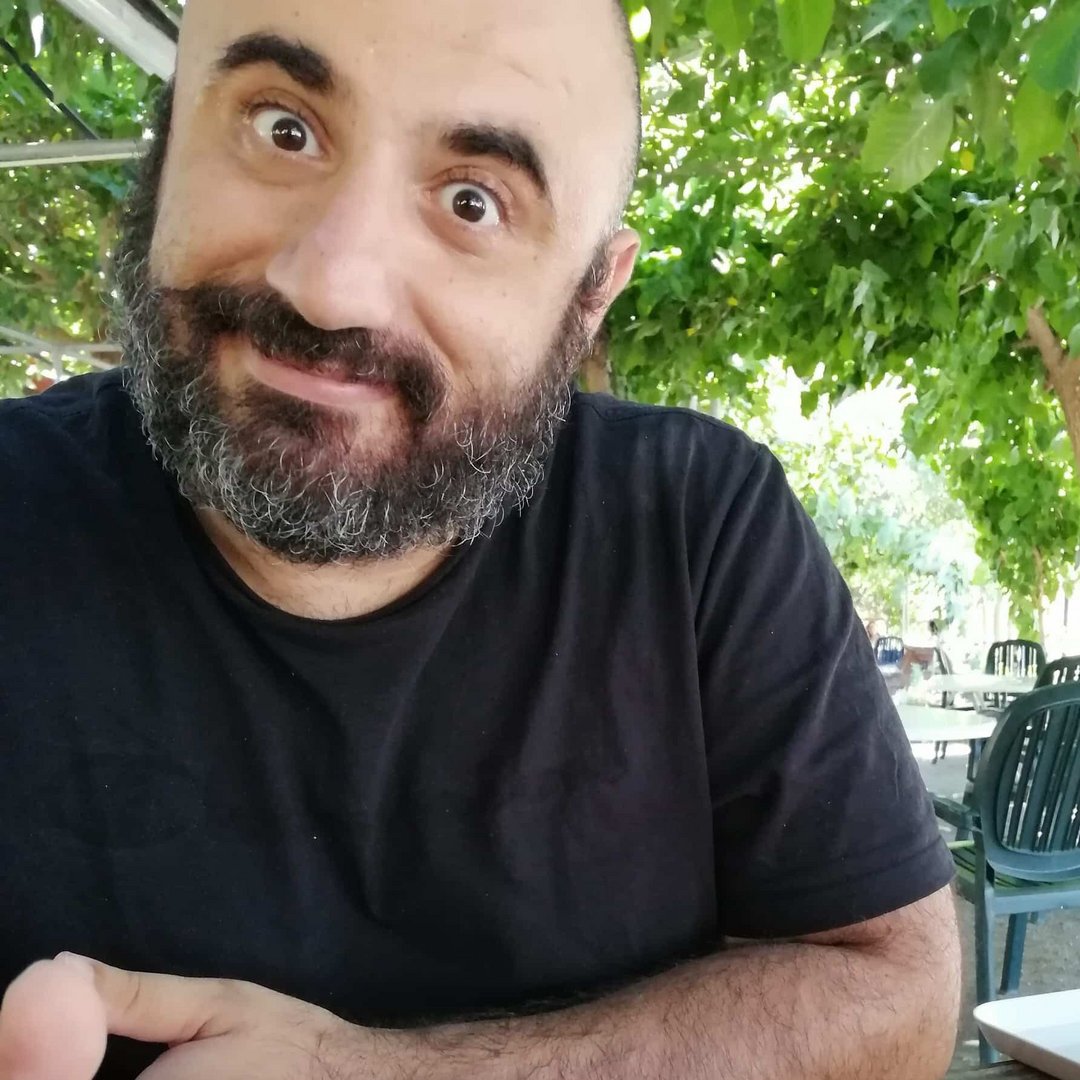The edits that really shouldn’t have been left on the cutting room floor
Left on the cutting room floor is a term used in the TV and film industry, referring to a scene or scenes that were cut out of the theatrical release. That could be for a variety of reasons: alternate endings (much like the Highlander, there can be only one), scenes that didn’t advance the plot or just slowed down the pace to an unacceptable degree. Unless you are Zack Snyder. In that case, you can rename your inability to properly pace a movie into “making the Snyder Cut” and just unload on viewers hours of unnecessary content, thus proving the need for proper editing.
Some of those deleted scenes though are just too good and on second thought, maybe they shouldn’t be left out.
Rambo: First Blood – Rambo dies
While today the Rambo franchise is synonymous with glorified violence, the original movie was a far cry from that. Based on a novel with the same title, Rambo tells the story of a Vietnam vet who suffers severe PTSD and when confronted by people in a small town he goes berserk and starts killing them. Rambo is deeply troubled and deeply traumatised.
In the original ending, Rambo doesn’t go unscathed. Unable to cope with the trauma, Rambo forces his old commanding officer, General Trautman, to kill him. His final words are haunting: “You made me, you kill me”.
That ending was considered bleak and as the studio saw franchising opportunity, they scrapped the scene and gave Rambo a happier ending.
Harry Potter and the Deathly Hallows – Petunia humanised
In the Harry Potter universe, the boy wizard spends his first 11 years living with his aunt, uncle and their son. A recurring theme in both the movies and the books is how his adoptive family is cartoonishly evil, treating poor Harry like dirt because they loathe magic of any kind.
In the books, Harry’s aunt Petunia plays a more prominent role as it is discovered that she knows fully what is happening in the wizarding world but chooses to ignore it. Petunia was always jealous of her witch sister and wanted to be a witch but was turned down by the wizarding school Hogwarts. From that day forward Petunia harboured a deep resentment for that world, taking her anger and frustration out on her nephew.
In the movies, this is briefly touched upon when, after they are informed that they should leave their home, Petunia reveals to Harry that she is painfully aware of how evil some wizards are and that she also mourns the death of her sister. It is a touching scene but one that was left out as it doesn’t do much for the plot.
Iron Man 2: Demon in a Bottle
Demon in a Bottle is an Iron Man story arc in the comics that deals with Tony Stark’s out-of-control alcoholism. It’s poignant, it’s scary and everything you want from a comic book tackling an extremely serious issue. It is a story beloved by fans and regularly cited as one of the best in the character’s long history.
Iron Man 2’s alternate opening tries to briefly touch on this but the studio ended up pulling the plug. The movie started with Tony Stark vomiting in an aeroplane toilet, clearly intoxicated and yelling. When he asks his assistant, Pepper Pots, how he looks, she snidely replies “The same way you look every day. Like you have a hangover”.
The scene was scrapped in favour of a different scene halfway through the movie where Stark is partying and urinating in his armour. Don’t worry though. Thank God they kept a cameo by Elon Musk. That went well.
Lord of the Rings – Faramir’s backstory
When discussing the Lord of the Rings trilogy, one always refers to the extended version. The theatrical cut might as well not exist. Unlike Snyder’s edits, the extended scenes in LOTR add much to the plot, including the backstory and motives of Faramir, brother of Boromir.
The two brothers are the sons of Denethor, in the movie The Steward of the legendary city Gondor. In the theatrical release, Faramir is inexplicably suspicious about the One Ring and appears to be jealous of his brother’s success. In the extended edition, we delve deeper into his story, learning of his complex relationship with his father, how it was made clear to him that he was not the favourite one and how Boromir was reluctant to leave him behind. In an additional scene, Faramir mounts a suicide mission to liberate a city, only to be cut down and left for dead.
These were our picks for our favourite deleted scenes. What’s yours? Sound off in the comments!







Click here to change your cookie preferences